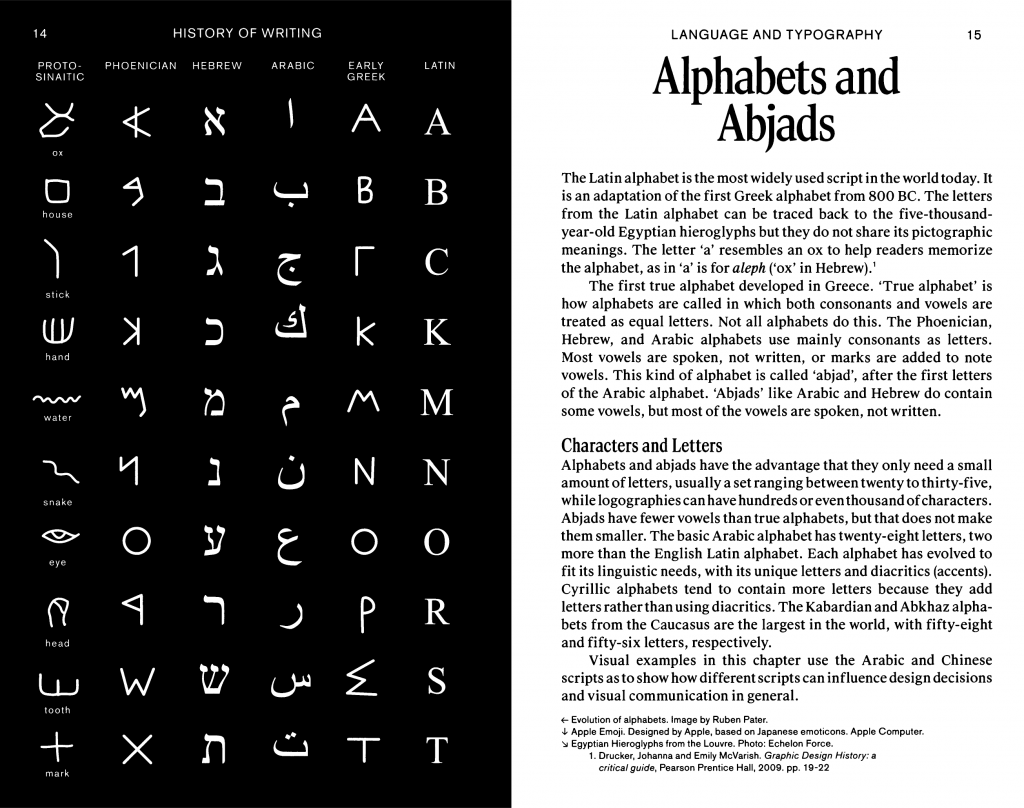Prompts
Who or what exercises control or influence over the language(s) you speak or its associated alphabet(s)?
The government and the education systems
Pinyin romanization, system of romanization for the Chinese written language based on the pronunciation of the Beijing dialect of Mandarin Chinese. The gradual acceptance of Pinyin as the official transcription used in the People’s Republic of China signaled a commitment to promote the use of the Beijing dialect as the national standard, to standardize pronunciation across areas that speak different dialects, and to end the confusion in romanizing and alphabetizing Chinese characters.
Britannica, The Editors of Encyclopaedia. “Pinyin romanization”. Encyclopedia Britannica, 29 Mar. 2024, https://www.britannica.com/topic/Pinyin-romanization. Accessed 11 April 2024.
There are 302 living languages spoken in China to this day; however, Mandarin has been the official language of China. When I was young, speaking dialects was not encouraged. What is more, speaking dialects was socially considered a less educated behaviour as any formal form of education was and still is given in Mandarin. The understanding was if you are properly educated, you should be speak Mandarin, not some dialects that you learned from your families.
All of the above have provided incentives for the government and the education system to exercise their influence on the language we speak.
It never occurred to me that Mandarin, though now the official language of the whole nation, was once a dialect of Beijing, the capital city of China. I considered it my mother tongue, something that is natural and original to me; however, it turned out to be a dialect of another province that is far away from my own.
Which aspects of languages or alphabets resist control?
Dialects and accents
I did not learn my own dialects as my parents thought it would be better for me to speak proper Mandarin without any accent. However, I still have some degree of Southern accent when speaking Mandarin, which I’ve grown to be very fond of.
The question is can anyone speak without an accent? The so-called proper Mandarin is still an accent, which is recognised officially by the government, similar to the English, BBC accent.
Which aspects of languages or alphabets are prone to change or loss?
Dialects are prone to loss as it doesn’t have a system that records and popularises the language. I grew up in Fujian, China, where the dialect is called Min. Min is the third most popular dialect in China. The generation of my grandparents speak the most original Min dialect. My parents’ generation could still speak this dialect, though as well as my grandparents. As for me, I could barely speak the language and can only understand 40% of words. Because the language has limited use in our daily life, it gets less popular and less practised. As a result, few people in my generation speak proper dialect.
Exercise
[f] is a relatively modern initial in Mandarin and since Fujianese, also called Min dialect, is an ancient language, it does not have this sound. As a result, many people who speaks Min find it difficult to pronounce [f]. Instead, they pronounce it as [h].
References

Britannica, The Editors of Encyclopaedia. “Pinyin romanization”. Encyclopedia Britannica, 29 Mar. 2024, https://www.britannica.com/topic/Pinyin-romanization. Accessed 11 April 2024.
Pater, R. (2016) The politics of design: a (not so) global manual for visual communication. Amsterdam: BIS Publishers.